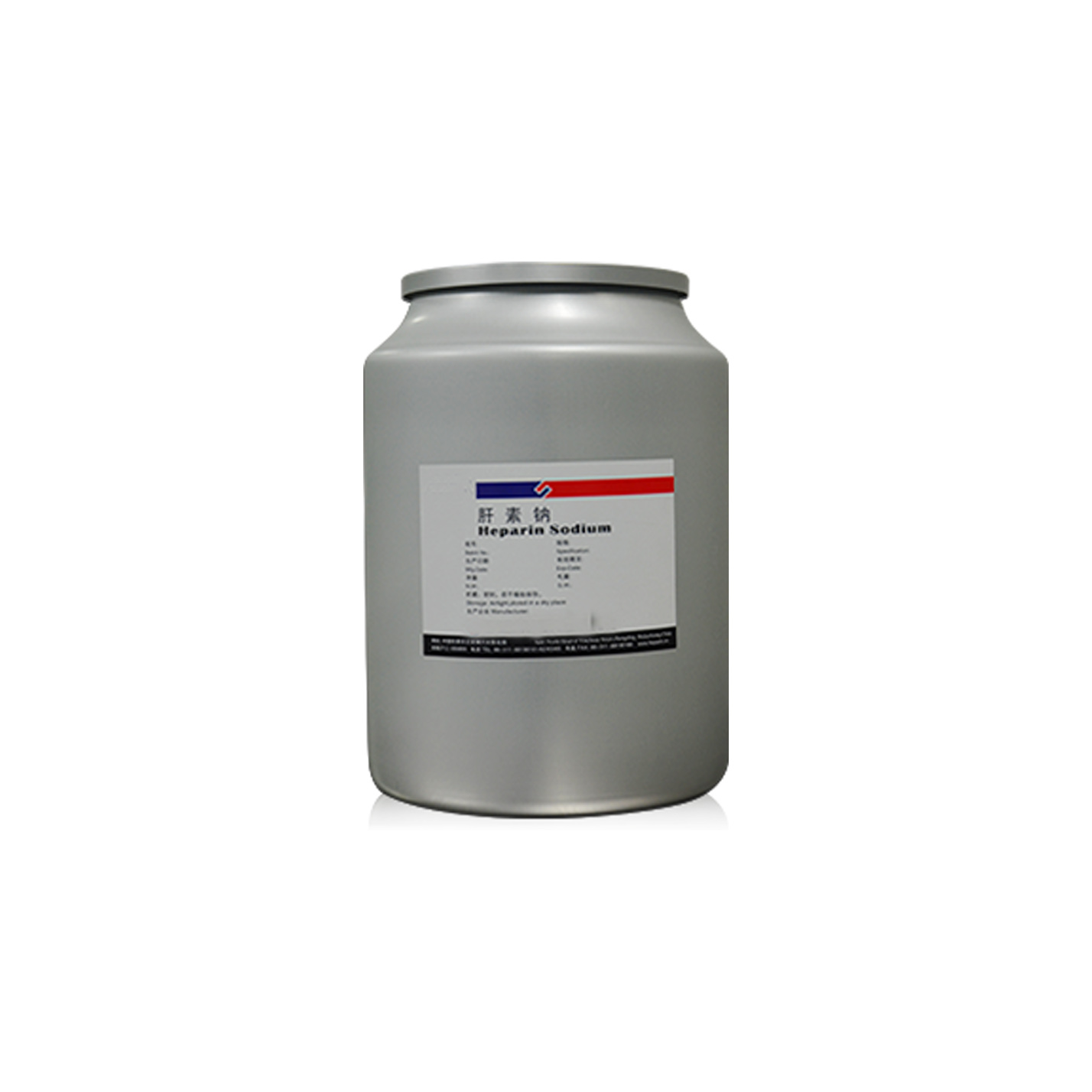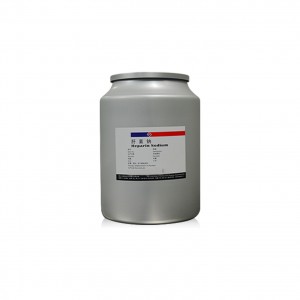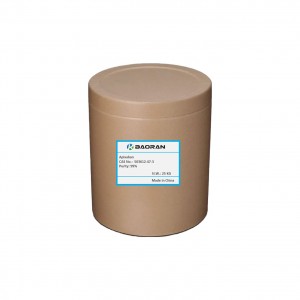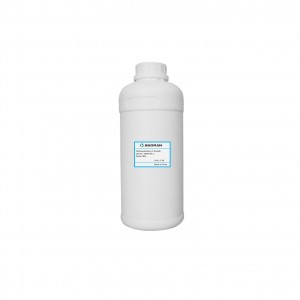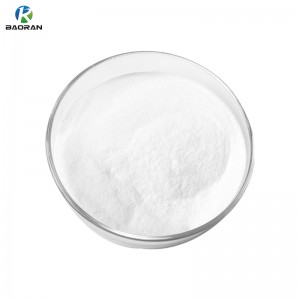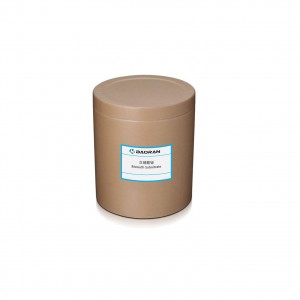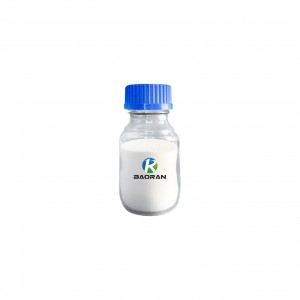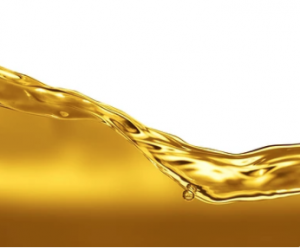Heparin sodium CAS 9041-08-1
Application
Heparin sodium is an anticoagulant drug, which is a mucopolysaccharide substance. It is the sodium salt of glucosamine sulfate extracted from the intestinal mucosa of pigs, cattle and sheep. middle. Heparin sodium has the functions of preventing platelet aggregation and destruction, inhibiting the conversion of fibrinogen into fibrin monomer, inhibiting the formation of thromboplastin and resisting the formed thromboplastin, preventing the conversion of prothrombin into thrombin and antithrombin.
Heparin sodium can delay or prevent blood coagulation both in vitro and in vivo. Its mechanism of action is extremely complex and affects many links in the coagulation process. Its functions are: ①Inhibit the formation and function of thromboplastin, thereby preventing prothrombin from becoming thrombin; ②In higher concentrations, it can inhibit thrombin and other coagulation factors, preventing fibrinogen from becoming fibrin Protein; ③ can prevent the aggregation and destruction of platelets. In addition, the anticoagulant effect of sodium heparin is still related to the negatively charged sulfate radical in its molecule. Positively charged alkaline substances such as protamine or toluidine blue can neutralize its negative charge, so it can inhibit its anticoagulant. coagulation. Because heparin can activate and release lipoprotein lipase in the body, hydrolyze triglyceride and low-density lipoprotein in chylomicrons, so it also has a hypolipidemic effect.
Heparin sodium can be used to treat acute thromboembolic disease, disseminated intravascular coagulation (DIC). In recent years, heparin has been found to have the effect of removing blood lipids. Intravenous injection or deep intramuscular injection (or subcutaneous injection), 5,000 to 10,000 units each time. Heparin sodium is less toxic and spontaneous bleeding tendency is the most important risk of heparin overdose. Ineffective orally, it must be administered by injection. Intramuscular injection or subcutaneous injection is more irritating, occasionally allergic reactions may occur, and overdose may even cause cardiac arrest; occasionally transient hair loss and diarrhea. In addition, it can still cause spontaneous fractures. Long-term use can sometimes cause thrombosis, which may be the consequence of anticoagulase-III depletion. Heparin sodium is contraindicated in patients with bleeding tendency, severe liver and renal insufficiency, severe hypertension, hemophilia, intracranial hemorrhage, peptic ulcer, pregnant women and postpartum, visceral tumors, trauma and surgery.
Packing & Storage
5 kg/tin, two tins to a carton or as request
